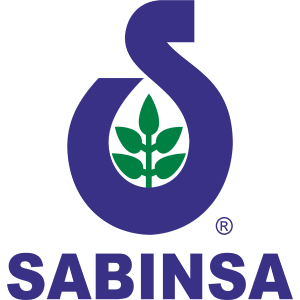A clinical study on Sabinsa’s patented hair serum formulation was found to significantly improve hair fall and thinning. “Clinical Study to Evaluate the Efficacy and Safety of a Hair Serum Product in Healthy Adult Male and Female Volunteers with Hair Fall” by Majeed M, Majeed S, Nagabhushanam K, Mundkur L, Neupane P and Shah K was published in Clinical, Cosmetic and Investigational Dermatology (2020:13 691–700).
The study, an open-label clinical trial, evaluated the efficacy and safety of Sabinsa’s hair serum in healthy adult male and female subjects. The serum, a multi-patented composition of amla extract (Saberry®), freeze-dried coconut water (Cococin™), and the micronutrient selenium (PeptiSeLect® (γ-L-Glutamyl-L-selenomethionine) along with sandalwood and peanut shell extract, was evaluated in 42 subjects for a period of 90 days. Apart from self and dermatological assessment, TrichoScan®, an instrument and software-based tool, was used to quantitatively assess the hair growth.
A noticeable improvement was observed in hair growth rate and hair density, while hair fall and thinning were significantly reduced at the end of 90 days. With continuous application of the test product, a 57% reduction in breakage of hair and 81% reduction in hair fall were observed by the dermatologist, while the TrichoScan® analysis revealed significant improvement in hair density and growth. All the subjects reported overall improvement in hair texture and hair volume with reduced hair fall. No adverse events were reported. Scalp conditions noted during the baseline visits, including itching, dryness, and dandruff, were resolved after application of the product.
“The effects of hair loss can be emotionally consequential,” said Sabinsa founder and chairman Dr. Muhammed Majeed. “Though herbs and more recently herbal extracts have been used in hair care, this combination of ingredients offer a synergistic activity, as each of them have a different mechanism for protecting and nourishing hair follicles.”
Sabinsa holds patents on this combination product in many countries: US8247003; AU2010326651; EA020368B1; EP2461786B1; NZ598630A; AU2012203148; CA2872535; EP2695603; HK1193758; IDP000051688; JP6064274; MY-168089-A; MX355546; NZ600307; RU2606752; US9498423
The product is currently licensed to Johara Cosmetics, but Sabinsa plans to open the license to this patented combination to customers worldwide, under the trademark, AMIFERA™, soon.
The study may be accessed at http://doi.org/10.2147/CCID.S271013








